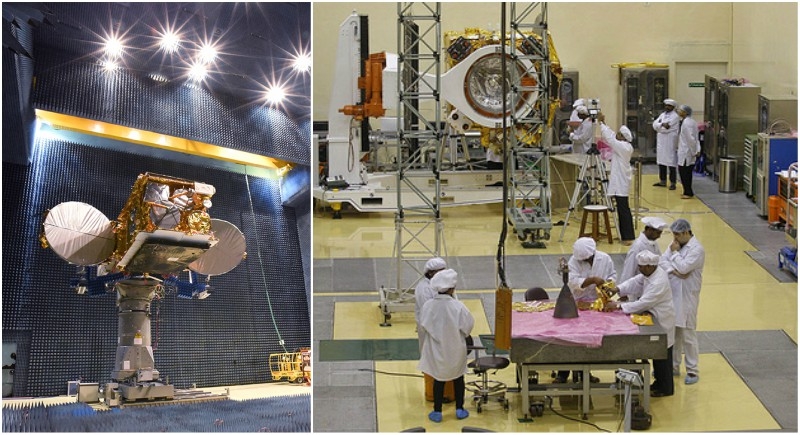ISRO develops Desi Atomic Clock: Says goodbye importing from Europe
New Delhi, May 7: The Indian Space Research Organization (ISRO) has prepared an Atomic Clock which will be used in Navigation Satellites (GPRS). With this help, we can get accurate location of any GPS based item. Significantly, before this, ISRO had to purchase an atomic clock from European Aerospace Manufacturer Astrium for its navigation satellite, but this indigenous Atomic clock is currently in the test period.
After successful in the test, it will be used in experimental navigation satellite.
Tapan Misra, director of Ahmedabad-based Space Applications Centre (SAC) said, “With the development of the desi atomic clock, Isro has become one of the few space organisations in the world which have gained the capability to develop this highly sophisticated technology. We don't know the design and technology of the imported atomic clock. But the desi clock has been developed based on our designs and specifications. This clock is as good as the imported one. We are hopeful that it will easily work for more than five years.”
How does it work?
The atomic clocks tell accurately to the lacs of seconds. Atomic clock works on the same frequency as pendulum clocks are run. Just as the pendulum works on the basis of temperature and pressure, similarly atomic clocks also work on the basis of vibration of atomic particles. Inside the clock, the cesium metal atoms vibrate by the same way as the vibrations in the pendulum in the wall clock.
The duration of 9,19,26,31,776 vibration of atom is equal to 1 second. The atomic clock explains the timing of the electromagnetic spectrum on the basis of microwave, optical, ultraviolet and light company or frequency. The atomic clock is considered to be the most accurate in the world. The accuracy is so much that after running 1 million years it can be back 1 second.